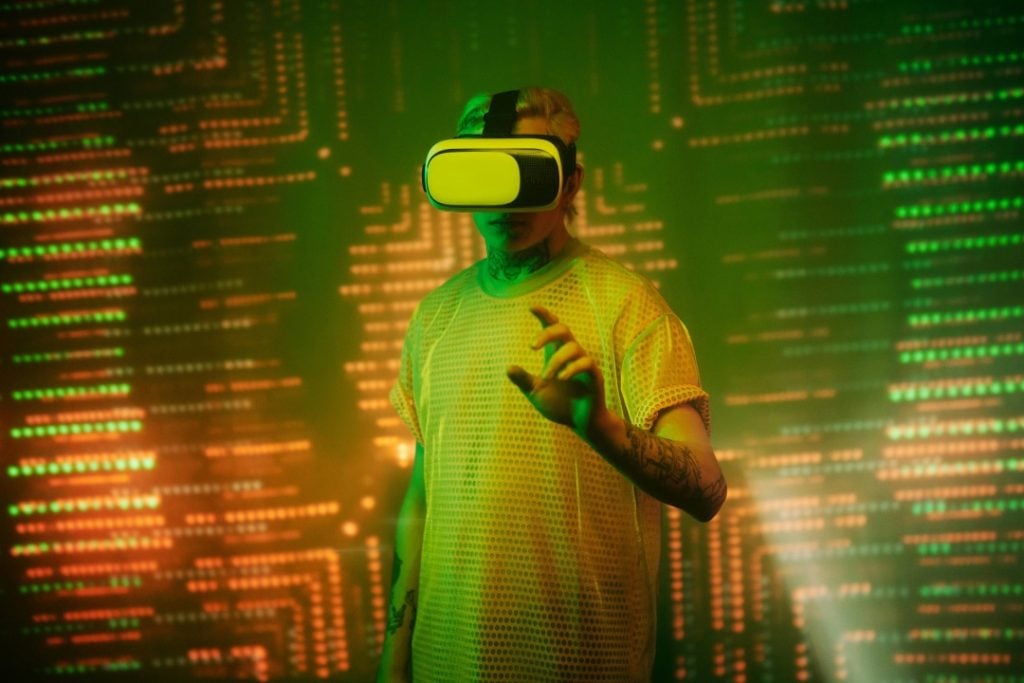The digital age has ushered in an era where the boundaries between distinct forms of entertainment are becoming increasingly fluid. Gaming, once a niche pastime, now permeates nearly every facet of digital engagement, intertwining with streaming, social media, and even traditional media in unprecedented ways. This convergence is more than just a technological phenomenon; it’s a cultural shift, reshaping how we interact with and consume entertainment.
One of the key drivers of this convergence is the rise of interactive content. Streaming platforms, for instance, have transformed gaming into a communal experience. Platforms like Twitch and YouTube Gaming have fostered vibrant online communities, where viewers don’t just passively watch, but actively participate through chat, polls, and interactive features. This interactivity has spilled over into other entertainment sectors, with live interactive shows and choose-your-own-adventure narratives gaining popularity. To get a better understanding of the impact of these streaming platforms, it is worth looking at how these platforms are affecting indie game developers, and you can find out more by reading our recent analysis on the rise of indie game streaming.
Mobile gaming has further democratized access to interactive entertainment, placing powerful gaming experiences within the reach of billions. This accessibility has not only expanded the gaming market but also fueled the growth of related digital entertainment sectors. The ease of access that mobile devices provide also has broadened the scope of other online entertainment possibilities. While people are enjoying games on their mobile devices, many also enjoy other forms of on line entertainment. For those who want to explore the world of online casinos, which also have seen a rise in mobile use, you can find a comprehensive guide at VegasSlotsOnline. These platforms offer a unique blend of entertainment and potential rewards, catering to a diverse audience within the broader digital entertainment ecosystem.
The advent of virtual reality (VR) and augmented reality (AR) technologies has taken immersion to new heights, blurring the lines between the physical and digital worlds. VR transports users into entirely digital environments, while AR overlays digital elements onto the real world. These technologies are finding applications far beyond gaming, transforming education, training, and even social interaction. The concept of the metaverse, a persistent, shared virtual space, represents the ultimate convergence, where gaming, social media, commerce, and entertainment seamlessly blend.
The influence of this convergence extends beyond entertainment, reshaping how we learn, connect, and conduct business. Gamification, the integration of gaming mechanics into non-gaming applications, is driving engagement and motivation in various fields, from education to marketing. Virtual collaboration tools are transforming the workplace, enabling immersive and interactive remote work experiences.
However, this convergence also presents significant challenges. Issues such as data privacy, digital ownership, and the potential for social isolation must be addressed as we navigate this evolving landscape. The ethical implications of AI-driven entertainment, the spread of misinformation, and the responsibility of content creators in shaping digital culture are also crucial considerations.
The future of digital entertainment is inextricably linked to technological advancements. Artificial intelligence (AI) and machine learning (ML) are poised to revolutionize how we experience entertainment, enabling personalized and immersive experiences. Cloud gaming promises to eliminate hardware limitations, making high-end gaming accessible to anyone with an internet connection. The development of more advanced haptic feedback technology will also increase the immersion of entertainment experiences. To stay informed about the latest technological trends that are shaping this future, it is very important to keep up with the latest information that is being produced. For example, you can find very up to date information regarding the latest technological advances, by visiting www.technologyreview.com.
In conclusion, the convergence of gaming and digital entertainment is a dynamic and transformative phenomenon that is reshaping our digital lives. By understanding the forces driving this evolution, we can better anticipate the future of entertainment and harness its potential for positive impact. This ongoing evolution will continue to provide new and exciting ways for people to interact with the digital world.
Emily Henry writes for UKWritings Reviews and Write My Research Paper. She writes articles on many subjects including writing great resumes. Emily is also an editor at State Of Writing.






